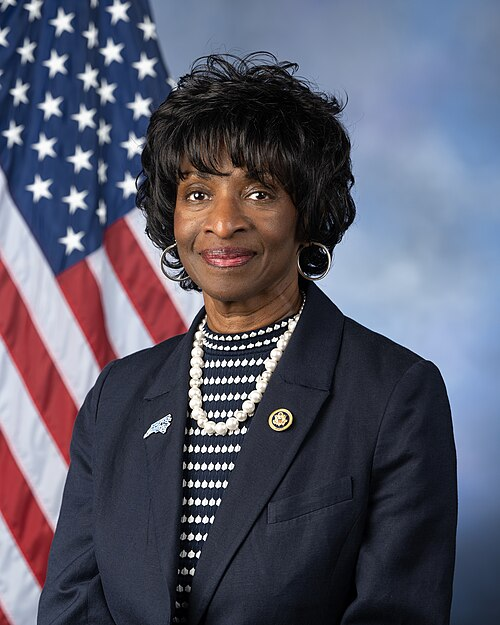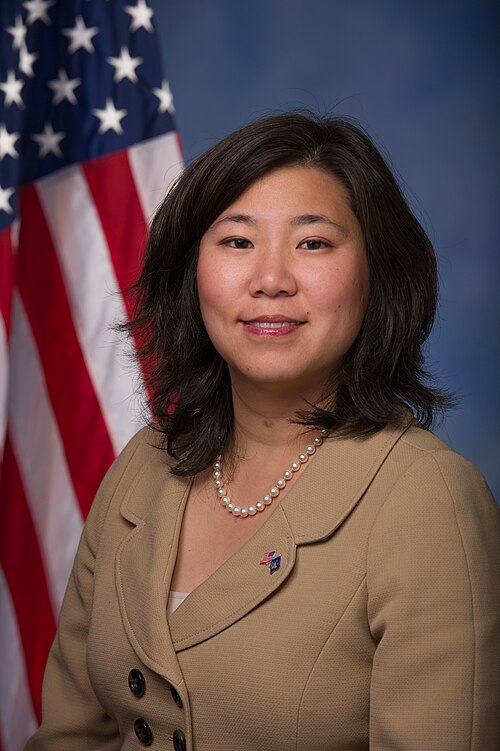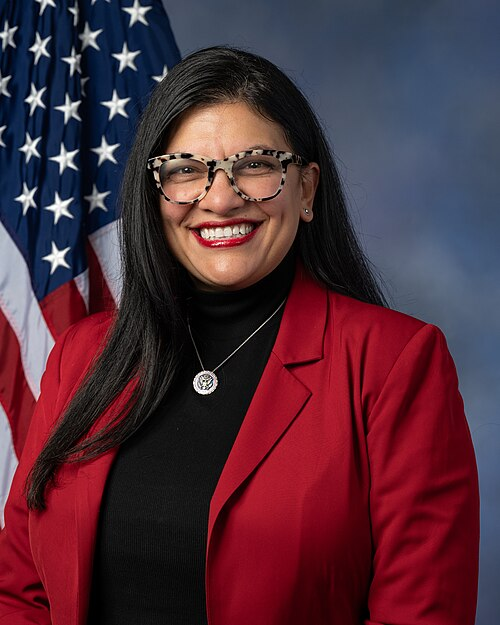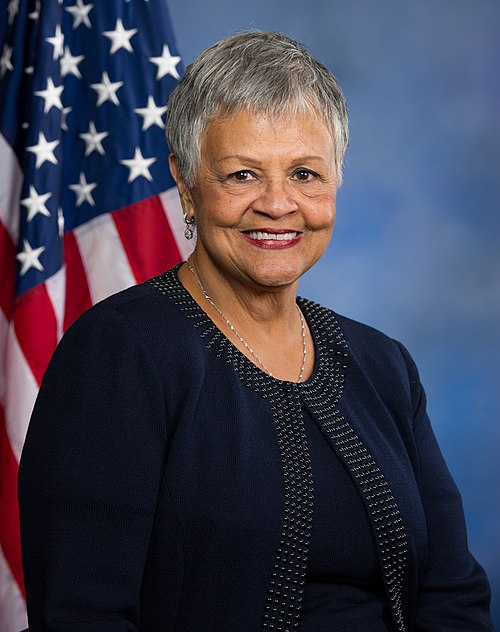H.R. 3508: End Diaper Need Act of 2025
This legislation, known as the End Diaper Need Act of 2025, aims to provide significant financial support for states and eligible entities through the Social Services Block Grant program. Its main goal is to ease the economic burden that low-income families face in maintaining hygiene for infants, toddlers, and adults who require incontinence supplies. Here’s a breakdown of the key provisions of the bill:
Funding Allocation
The bill proposes an increase in funding to the Social Services Block Grant program, specifically allocating $1.9 billion annually from fiscal years 2026 through 2029. This funding is to be used by states to support the needs of families who struggle to afford diapers and incontinence supplies.
Use of Additional Funds
States receiving this additional funding must:
- Distribute free diapers and necessary supplies to low-income families.
- Improve access to these supplies for families in need.
- Conduct outreach to encourage participation in distribution programs.
- Provide support to enhance community capabilities to supply these items.
Eligibility for Assistance
Eligible entities that may receive funds include:
- State and local governments.
- Indian tribes or organizations.
- Nonprofit organizations such as diaper banks with experience in distributing basic needs.
Administrative Guidelines
The bill allows states to use up to 5% of the funds for administrative expenses related to managing the funds and reporting. Eligible entities must ensure funds are used to complement existing state funding and not replace it.
Reporting Requirements
States are required to provide annual reports detailing the use of funds, including:
- The number of families assisted.
- The age range of children and adults receiving support.
- Details on the quantity and types of supplies distributed.
- The geographical areas served.
- Methods of distribution utilized.
Evaluation of Effectiveness
The Secretary of Health and Human Services is mandated to evaluate the program’s effectiveness within two years of enactment. This evaluation aims to understand how well the program mitigates health risks associated with unmet diaper needs.
Tax-Related Provisions
The bill includes provisions that allow for:
- Diapers and diapering supplies to be included as qualified medical expenses for health savings accounts and flexible spending arrangements.
Exemption from Sequestration
Funds allocated under this act are exempt from sequestration, ensuring that the funds remain available to meet the intended needs without budget cuts affecting their allocation.
General Objectives
The overall objectives of the End Diaper Need Act of 2025 are to:
- Provide financial relief for families struggling with diaper and incontinence supply costs.
- Enhance health outcomes for infants, toddlers, and individuals requiring incontinence supplies.
- Encourage community engagement and resource distribution to improve child care options.
Relevant Companies
None found
This is an AI-generated summary of the bill text. There may be mistakes.
Sponsors
5 bill sponsors
Actions
2 actions
| Date | Action |
|---|---|
| May. 20, 2025 | Introduced in House |
| May. 20, 2025 | Referred to the Committee on Ways and Means, and in addition to the Committee on the Budget, for a period to be subsequently determined by the Speaker, in each case for consideration of such provisions as fall within the jurisdiction of the committee concerned. |
Corporate Lobbying
0 companies lobbying
None found.
* Note that there can be significant delays in lobbying disclosures, and our data may be incomplete.
Potentially Relevant Congressional Stock Trades
No relevant congressional stock trades found.




